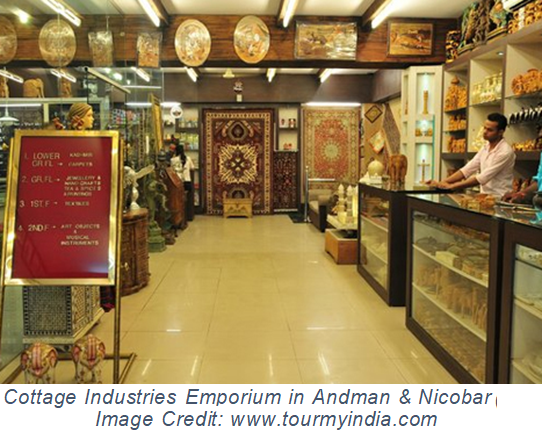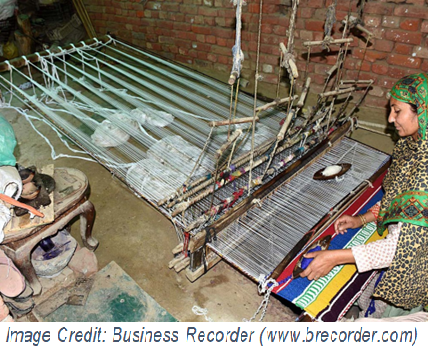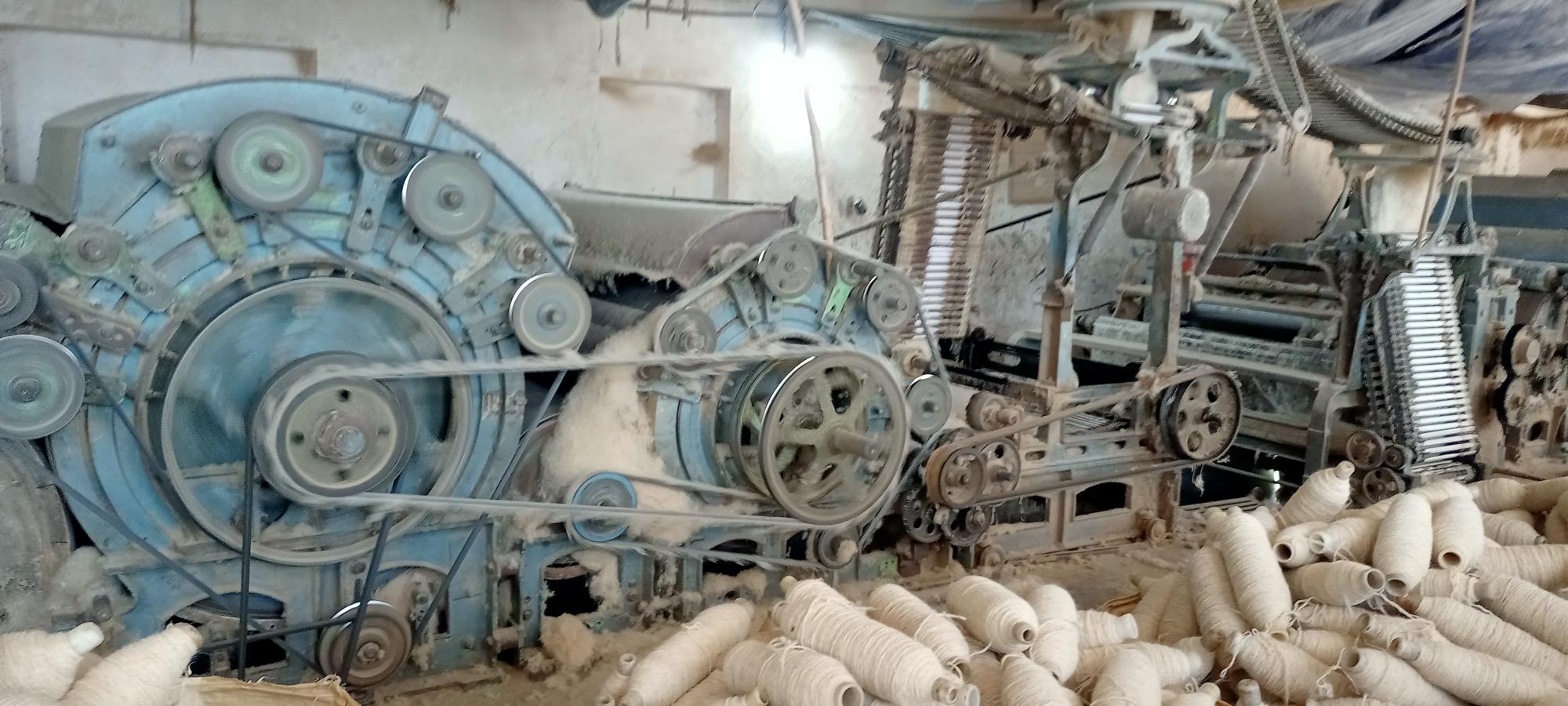An Overview
Cottage industry originated from villages and helps in the economy of developing countries. We can say that this industry is a concentrated form of Small-Scale Industries (SSI). Such industries can be started by any person with a less capital. The sector is generally unorganized, and goods are often produced in the homes of workers.

Several cottage industries have traditional workers, craftsmen and artisans who have inherited their talents over generations. Their products include clothing, jewelry, idols, toys, gems, stones, spices, oils, honey, soap, incense sticks, etc. There is a huge demand for these items in the Indian market as well as in the foreign markets


Problems and solutions
Financial Problems
The cottage industry is struggling with the problem of lack of capital. Industry owners generally do not have enough money to compete with the market and hence are unable to run the business successfully. They can get credit limit or term loan facility from financial institutions, but these facilities burden them with higher interest amount applicable on the amount lent by the financial institutions. This problem can be solved only by developing rural banks focusing not only on agriculture industry but also cottage industry. These rural banks should provide financial assistance to the actual person starting or running the cottage industry at the lowest possible rate of interest.
Marketing Problems
The persons running cottage industries are generally less educated and hence do not have any proper concept of marketing techniques. Also, they do not have enough capital to manage marketing channels. This is a big problem with these businesses and hence they sell most of their products to big industrialists. These big industrialists buy the products at the lowest prices and sell them at the highest possible rates in the national and international markets because of their marketing techniques. Thus, small industrialists do not get fair price for their products and hence the problem of lack of funds always remains.
This problem can be solved by improving the level of education among small industrialists. In this way they can understand the marketing techniques and increase their marketing network.
E-commerce and the Cottage Industry
Online shopping has grown rapidly in recent years. This increase is beneficial for small traders and cottage industries. As ecommerce marketing has grown, so has the convenience for the customer. This has expanded the customer's market reach to all kinds of demographics that may not have been reached before. Now, individuals running businesses with low investment are able to sell their products nationwide or internationally without spending a lot of money.

There are many ecommerce websites running nationally or internationally. When we list our own products on these sites, the products may be viewed or ordered from a location that is not normally accessible by ourselves. In this way our marketing network increases with the network of that ecommerce company. If the majority of the viewers of ecommerce website is in India only (as in flipkart.com), the product can be viewed or ordered from any location in India. If the website has a worldwide audience (such as amazon.com), the product can be viewed or ordered from anywhere in the world Big industrialists have many marketing and advertising networks including television, print, social media, and Google/ Bing ads. To run such a network continuously, we need a lot of money. Whereas if we add our products on e-commerce websites, these get displayed nationally or internationally without spending much. Hence, even a person running a cottage industry with low investment can add their products to the website without facing fund problems. The product can be sold to any distant location without facing marketing or networking problems. The seller gets the fair value of the product directly in the bank account. In this way, the small industrialists can get rid of the dependence of selling the products only to the big industrialists.
Ecommerce has expanded the market and has given a boost to the cottage industry because now they have chances to showcase their products in front of a larger audience. Ecommerce is a powerful tool for the cottage industry as online stores can reach customers around the world. Ecommerce can also strengthen the cottage industry as online stores are cheaper than physical ones with higher operating expenses. So, we can say that ecommerce is a boon for cottage industries.
Future of the Cottage Industry
Any business can grow only by understanding its customers. If we want our business to grow continuously, we need to study the trending behavior of the buyers and what they want. We also need to find out our competitors and understand their businesses to compete in the market. By understanding this and connecting it with technology, we can say that the future of cottage industry is very bright.





